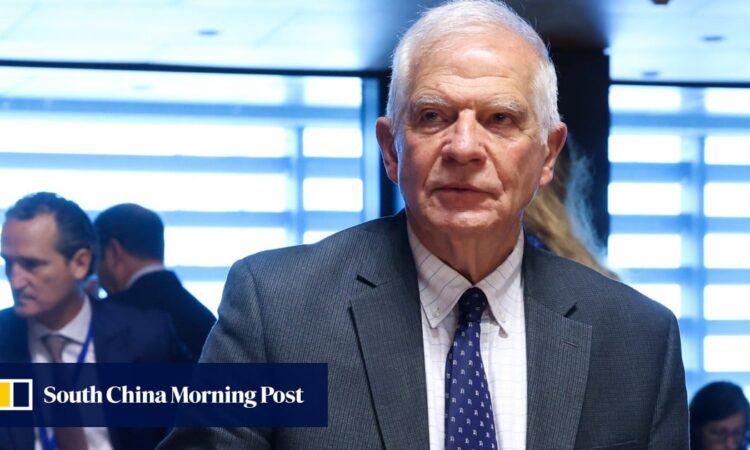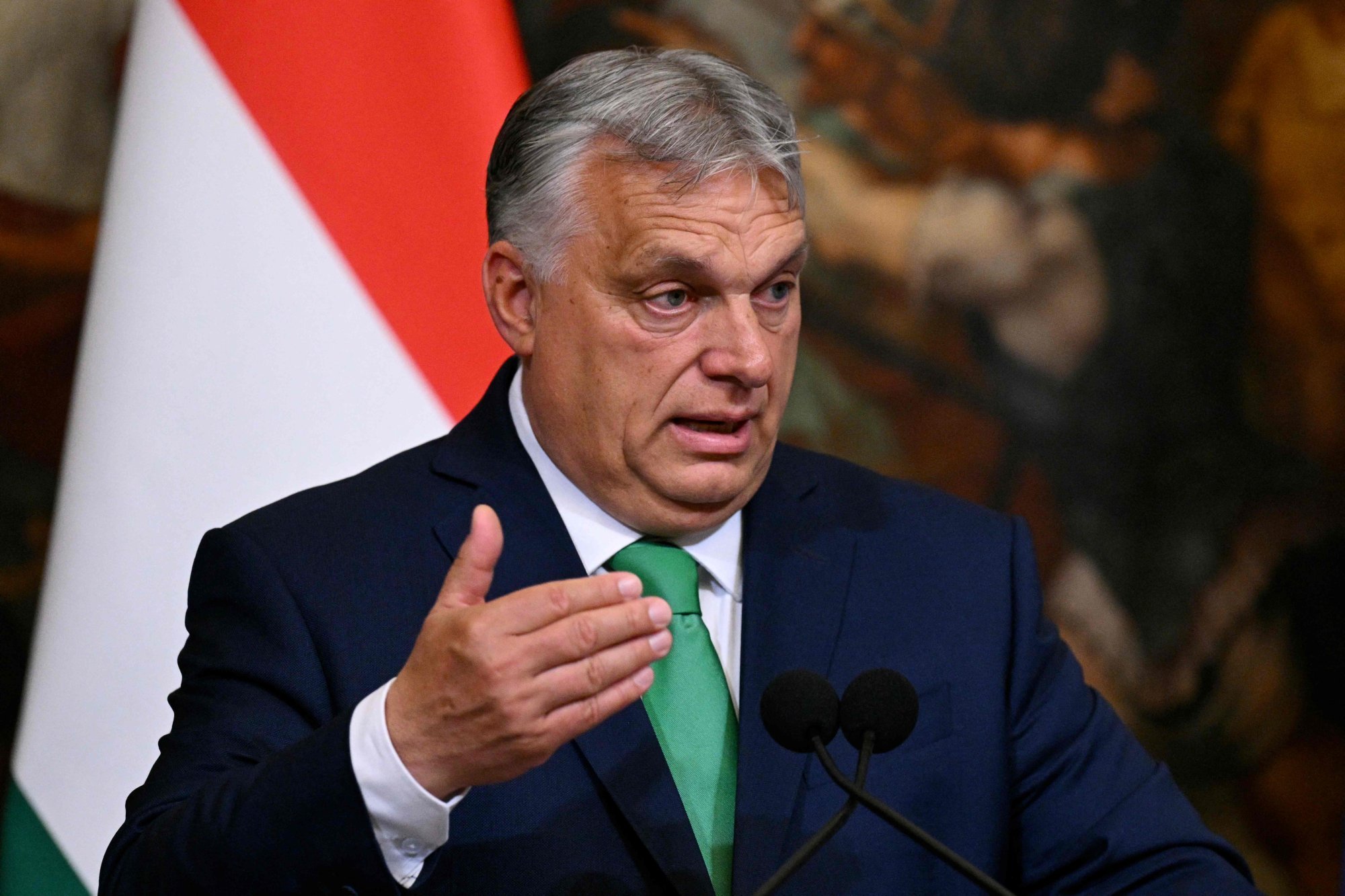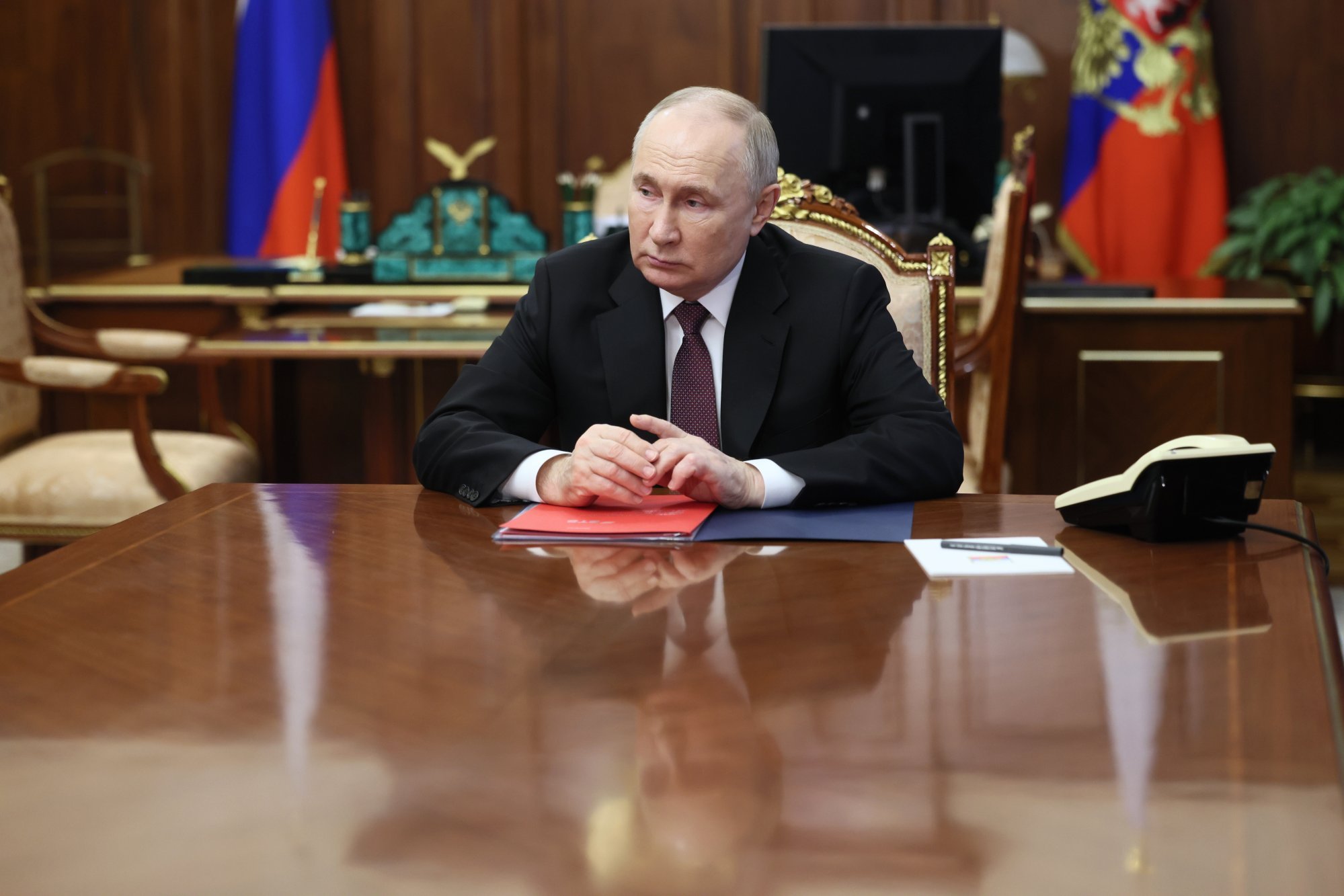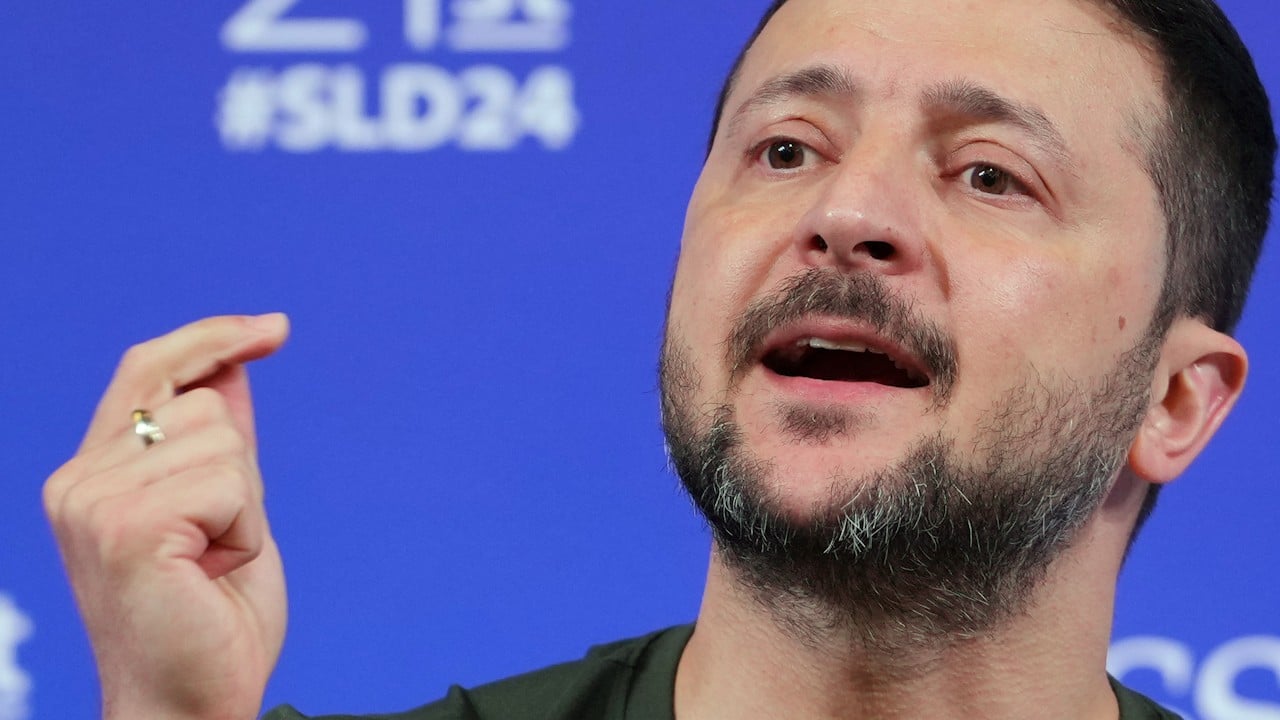
Borrell referred to this blockade from Hungary as a “structural difficulty” in a press conference after the EU foreign ministers meeting in Luxembourg.
EU member states first gave their approval to use the proceeds to buy arms for Ukraine in May however it was unclear when the first payments would flow because of Hungary’s veto.
A legal analysis noted that as Hungary abstained on the decision to use the frozen assets for Ukraine, and that the new aid is derived from the Russian Central Bank assets, and not EU funds, Budapest’s veto does not apply.
Borrell said due to Hungary’s abstention, “it’s not necessary” to involve Budapest in carrying out the decision.
Hungarian Foreign Minister Peter Szijjarto condemned the move as a violation of EU rules, according to Hungarian government spokesman Zoltan Kovacs on X, formerly Twitter.
However, Hungarian Prime Minister Viktor Orban has previously linked decisions on aid for Ukraine to freeing up EU funds for Hungary that have been frozen due to concerns about the rule of law.
A total of 90 per cent of the money will fund military aid, while 10 per cent will go directly to Ukraine as financial aid.
Other EU member states may administer the proceeds in the future.

According to the European Commission, around €210 billion worth of Russian Central Bank assets are frozen in the European Union.
The Brussels-based financial institution Euroclear, which holds the lion’s share of the assets, recently announced that the assets had made around €4.4 billion in interest in 2023.
EU foreign ministers also adopted new punitive measures to crack down on sanctions evasion and stop Russia from obtaining Western technology for making weapons.
A further 69 individuals and 47 entities linked to the Russian invasion of Ukraine have been sanctioned with an asset freeze and a travel ban to the EU.

These punitive measures ban ports such as Zeebrugge in Belgium from shipping Russian LNG to countries outside the EU after a nine-month transition period.
Another target was the Financial Messaging System of the Central Bank of Russia (SPFS). EU banks are to be banned from using the service which the bloc views as a Russian initiative to evade sanctions.
Media, non-governmental organisations (NGOs) and political parties are to be banned from accepting funding from the Russian state or other proxies.
German opposition to the 14th sanctions package needed to be overcome, EU diplomats said, as Berlin was concerned the package went too far, especially for subsidiaries.
EU diplomats said a compromise was reached, allowing measures halting exports to Russia – the so-called “No Russia” clause – to not apply to subsidiaries for the time being. The issue is to be revisited.







